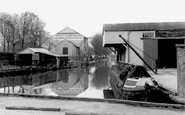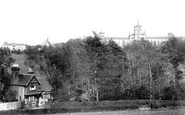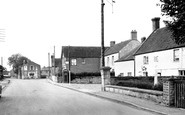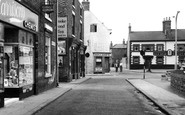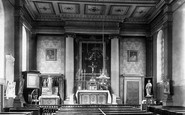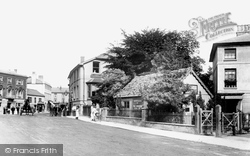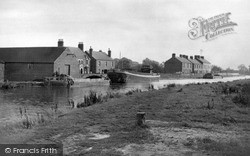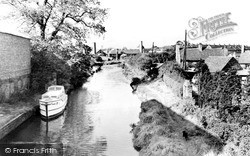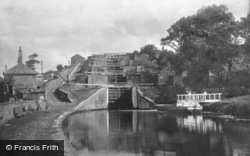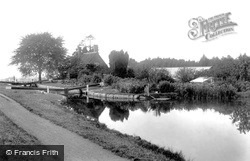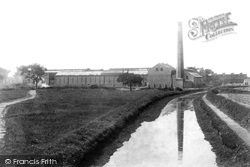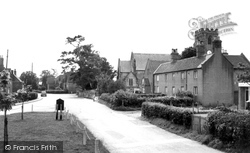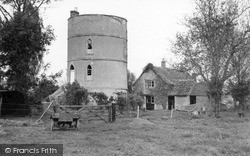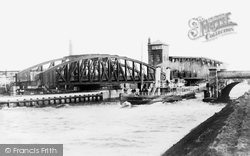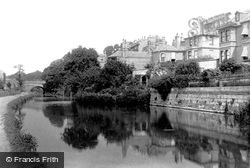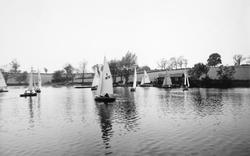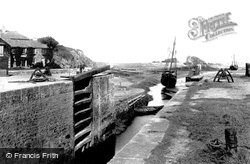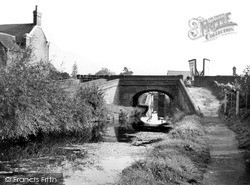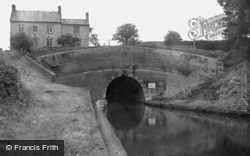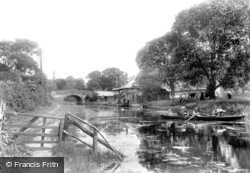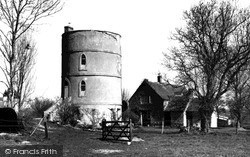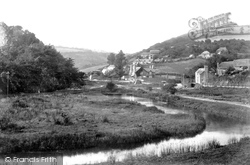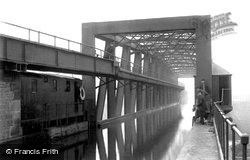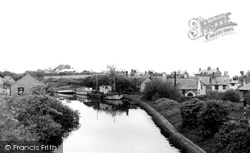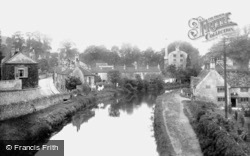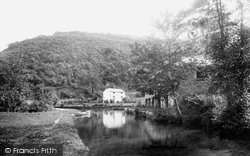Merry Christmas & Happy New Year!
Christmas Deliveries: If you placed an order on or before midday on Friday 19th December for Christmas delivery it was despatched before the Royal Mail or Parcel Force deadline and therefore should be received in time for Christmas. Orders placed after midday on Friday 19th December will be delivered in the New Year.
Please Note: Our offices and factory are now closed until Monday 5th January when we will be pleased to deal with any queries that have arisen during the holiday period.
During the holiday our Gift Cards may still be ordered for any last minute orders and will be sent automatically by email direct to your recipient - see here: Gift Cards
Photos
2 photos found. Showing results 81 to 2.
Maps
31 maps found.
Books
2 books found. Showing results 97 to 2.
Memories
639 memories found. Showing results 41 to 50.
Memories Of Raf Lichfield
My father was an officer in the RAF and was based in RAF Lichfield from 1954 - 1956. My brother and I went by bus to St. Christopher's School in Alrewas. The school building was on the side of the canal and from one ...Read more
A memory of Lichfield by
Growing Up In The War Years In Prees & Whitchurch
Although I was born in Whitchurch [Bark Hill], we moved to Prees soon after. However, I was sent to stay with my grandmother most weekends and for a period I was sent to the Wesleyan school. My ...Read more
A memory of Whitchurch in 1940 by
Childhood Days
My mom, my brother and myself lived in Heath Street off Winson Green. I remember we had no hot water and no bathroom, so we had the tin bath in front of the fire. I remember the old washhouse where Monday was always washing day ...Read more
A memory of Winson Green in 1952
Reedham Orphanage Purley
I do have some good memories of Reedham. My elder sister Suzanne and my younger sister Rosemary lived there for some years. We were born in Argentina. Who remembers Magot, assistant Matron!! Had some good times toasting ...Read more
A memory of Purley in 1953 by
''the Grapevine'' And Others!
My uncle, the late William John Wilcox, was the proprietor of the 'Grapevine' from the mid 1930s through to the early 1960s. I remember it as a truly old fashioned 'pub' complete with a 'games room' with darts, shove ...Read more
A memory of Meare in 1940 by
Childhood In Sparkbrook
I grew up in Elm Grove, Sydenham Road and went to Montgomery Street School. Does anyone remember the Waldorf Road cinema ? It was near the junction of Stratford Road. We used to go on a Saturday morning to see 'The Lone ...Read more
A memory of Sparkbrook in 1958
Dunsmore People And Happenings Remembered
PREFACE TO THE SECOND EDITION In 1995, when the first edition of this history was published, it seemed incredibly optimistic to have had three hundred copies printed for a market which ...Read more
A memory of Dunsmore by
Thorne Water Sports
One of the highlights of the year was the annual Thorne Water Sports held in the canal between Dunston's shipyard and the Canal Tavern. The event included swimming races and sculling races where competitors stood in a rowing ...Read more
A memory of Thorne in 1948 by
Sunny 1950''s Sunday Mornings
I have many memories about the old St Mary's Church. Until I started thinking of them I realised that I have not got one involving a rainy day apart from when my Grandad was buried in the churchyard. He was ...Read more
A memory of Clayton-Le-Moors in 1954 by
Liffy
My father was supposed to go to work that day, April 14th 1970, the day of the Partington Manchester Ship Canal disaster. He travelled most days because his car was broken down. He managed to fix his car that day but he could have been part of ...Read more
A memory of Irlam in 2009 by
Captions
756 captions found. Showing results 97 to 120.
Before 1865 in Andover, coal had been unloaded on the canal basin quay.
A large barge bound for the Humber makes its stately way down the Stainforth and Keadby Canal at Thorne.
The canal reached Atherstone in 1771; by this time all the authorised capital had been spent and James Brindley sacked.
The locks lifted boats and barges a full 60 ft, and is one of the most impressive groups of locks on the canal. The canal was a vital link for Bingley's manufacturers with the port of Liverpool.
Behind it can be seen the roof of the Canal Company's workshop, now occupied by British Waterways, who maintain the canal today. The cottage now houses a tea room.
The canal by the side of the factory was built to serve all the local industries and factories.
The B & F route also relied on the Oxford Canal, agreeing to complete its route to the Thames if Grand Trunk built the Coventry section from Whittington to Fradley.The problem with the Coventry Canal
This old Round House was built for the use of the canal lengthmen, who maintained certain sections, or lengths, of the Thames and Severn canal, which started near Inglesham, close to Lechlade.
One impressive feature of the Manchester Ship Canal was the Barton Aqueduct, designed by Edward Leader Williams, seen to the right of this photograph.
The Kennet and Avon Canal, authorised by Act of Parliament in 1794 and opened in 1810, linked Bristol with London, cutting a canal from the Avon in Bath to the Kennet, which was then canalised to the Thames
A chance for the local people to relax sailing on one of the canal reservoirs. These were built along the Grand Union Canal to maintain the water level in the canal.
This was the only English canal to open directly into the Atlantic Ocean. Bude sea lock is still in use today, although the rest of the canal was abandoned in 1896.
In 1797 a committee of seven was appointed by the trustees to negotiate with the proprietors of the newly formed Grand Junction Canal Company who required land for the extension of their canal.
This view shows Bridge Street on the north bank of the Kennet and Avon canal.
Once the canals ceased to be used for the transport of goods, it did not take long for them to become silted up and overgrown. Notice the route of the towpath going over the bridge.
The canal never arrived in Daventry, though there were plans to do so.
This canal was constructed in 1796; it runs for nearly forty miles through northern Hampshire.
This Round House, like others along the man-made waterway, was lived in by a lengthman and his family - they collected tolls from passing barges on the Thames and Severn canal.
This is the lower reach of the old Liskeard and Looe Canal; it was still used occasionally at this date to carry sea sand and limestone for burning in the kilns at Sandplace.
The unique Barton Swing Aqueduct was designed by Edward Leader Williams to carry the Bridgewater Canal over the Manchester Ship Canal.
The Lancaster Canal Act was passed in 1792; the canal from Kendal to Carnforth opened first in 1797, and then this section opened, Bolton-le-Sands via Hest Bank to Lancaster.
In the 1790s the Kennet and Avon Canal swept past at first floor window level of the 17th-century George Inn to cut it off from the High Street.
This wharf on the lower slopes of the Blorenge is one of the most photographed places on the Brecknock & Abergavenny Canal.
This wharf on the lower slopes of the Blorenge is one of the most photographed places on the Brecknock & Abergavenny Canal.
Places (1)
Photos (2)
Memories (639)
Books (2)
Maps (31)

